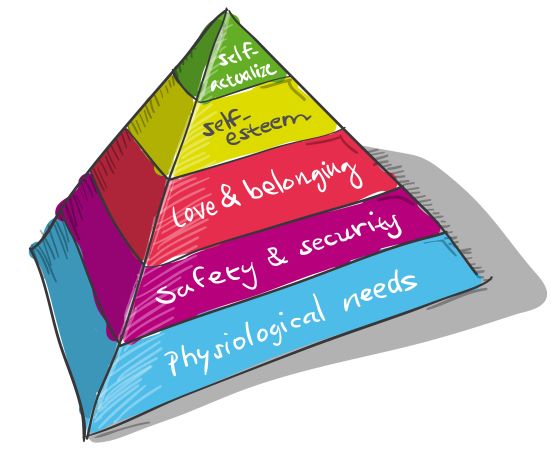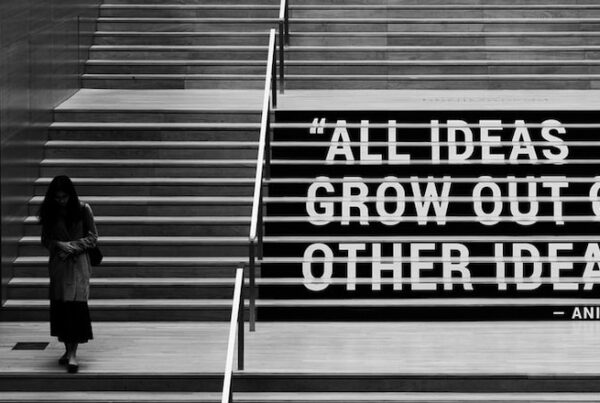
We all remember Maslow’s Hierarchy of Needs from Psych 101. Little did I know at the time the importance of considering core motivations such as safety, belongingness, and achievement in marketing and new product development.
In a recent study published in Harvard Business Review (HBR), the most successful innovators (as defined by growth rate in new-to-world products and services) were those that deliberately targeted consumers’ “higher order needs.” As society progresses and more basic needs (physiological and safety) are met, these higher-order needs rise in importance.
Comprehending how a product idea or marketing campaign connects to these motivations is very important when gauging potential.
The healthcare ecosystem is perfect for examining these motivations at play. Numerous studies have shown that the adoption of new products and services depends on the decisions of 6-7 different people but navigating the ecosystem and driving consensus takes 1-2 champions. While everyone may believe in the functional benefits of your product, the champion is likely acting on higher order needs such as belongingness and achievement. The ability to find and inspire a champion is a make-it or break-it milestone.
The good news is that these motivations and beliefs are discoverable. These topics are more easily queried in a one-on-one encounter. Getting there requires a high level of trust between the study participant and the interviewer. Peeling back the onion through careful questioning takes years of practice.
Another lesson from the above-mentioned HBR study: the most successful innovators are aiming high. That is, they are tackling bigger problems globally. Meeting a consumers’ needs may go beyond solving inconveniences and annoyances—it may be comprehending the things Maslow said truly motivate people to act. A good reason to dust off that old psychology book.



